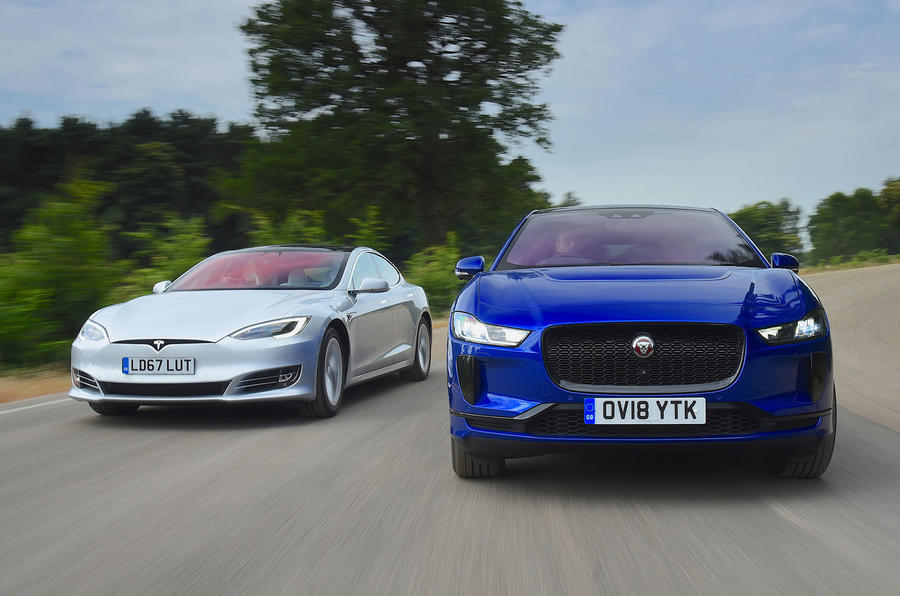Deloitte has predicted that a third of all new cars sold globally will be electrified by the end of the decade, citing a radical shift in consumer sentiment.
The firm estimates that 31.1 million electrified vehicles will be sold per year by 2030 - 10 million more than it forecasted in January 2019. The peak of petrol and diesel vehicle sales, it says, is likely to have occurred during the coronavirus pandemic.
Although it expects the global car market not to return to pre-pandemic levels until 2024, electrified vehicle sales, it says, are predicted to reach 2.5 million in 2020. Applying a compound annual growth rate of 29%, this should increase to 11.2m in 2025 and 31.1m by 2030. By this point, EVs will account for some 81% of all new electrified cars sold.
Deloitte attributes the disparity between its 2019 forecast and this latest prediction to various factors driving growth and the gradual dissipation of obstacles that previously discouraged drivers from making the switch, among them the increasing affordability of mainstream EVs.
Jamie Hamilton, Deloitte’s head of EVs, said: “The price premium attached to many electric vehicles restricted some early adopters but, as the cost of EVs have converged with petrol and diesel equivalents, the pool of prospective buyers is set to increase.
“A wider range of new electric vehicles, combined with a growing second-hand market, means EVs are becoming a more viable option for many.”
Additional factors encouraging EV adoption include various government-backed financial incentives, stricter emissions targets and a more comprehensive array of models on the market, including SUVs, saloons, sports cars and superminis.
Despite this, Deloitte notes that would-be electric car buyers are still held back by comparatively low ranges and a perceived lack of charging infrastructure.
A Deloitte survey of UK drivers found that half would consider an EV as their next car, but that 33% cited the UK’s still-growing charging infrastructure as their biggest concern.
Read more
Ultimate EV guide: Every electric car rated
Ultimate EV guide: The big questions answered
New electric cars 2020: What’s coming and when?









Join the debate
Add your comment
In the future.
How we get ourself around day to day is important for the reason we all should want a cleaner, heatgier way to exist, to cut down the number going to Hospitals with illness linked to pollution, this in turn would help lower the costs of funding the Hospitals , less Tax for us would be nice also, and when you think about it, this is only the tip of the unhealthy things we do to ourselves.
[ USA PEOPLE COME HERE ONLY
[ USA PEOPLE COME HERE ONLY ]Last month i earned over $14586 by working online from home in my free time. I am a student and I am doing this work for 3 to 4 hrs a day using my laptop. Very simple and easy to do work my regular earnings from this are just awesome. Now every person can do this and start making money online by following simple instructions on this website......for more info visit any tab this site Thanks a lot.
HERE☛ ..............Www.LifestylesReview.com
Hmmmm
The normal car sales globally are about 80m.
So presumably 55m petrol and diesel cars will still be sold.
Makes the UK government target of banning petrol and diesel sales by 2032 look a bit ambitious.
Stats
You've mixed worldwide stats with UK ambition and isn't it a arbitrary ban in 2035 not 2032. Either way by 2035 it'll certainly be alot closer, especially with ICE drivers suffering from range anxiety. Can I be the first to say that.